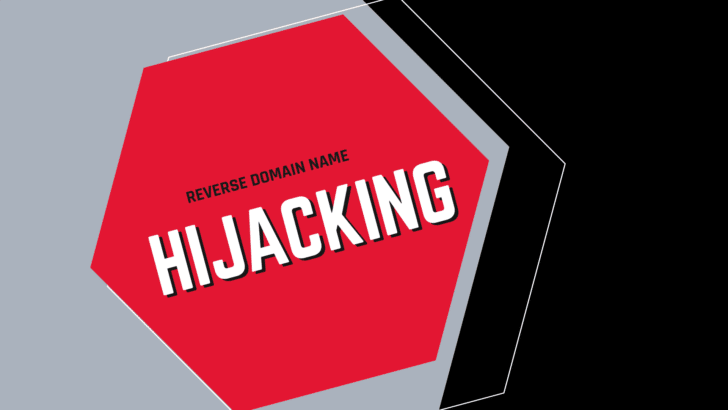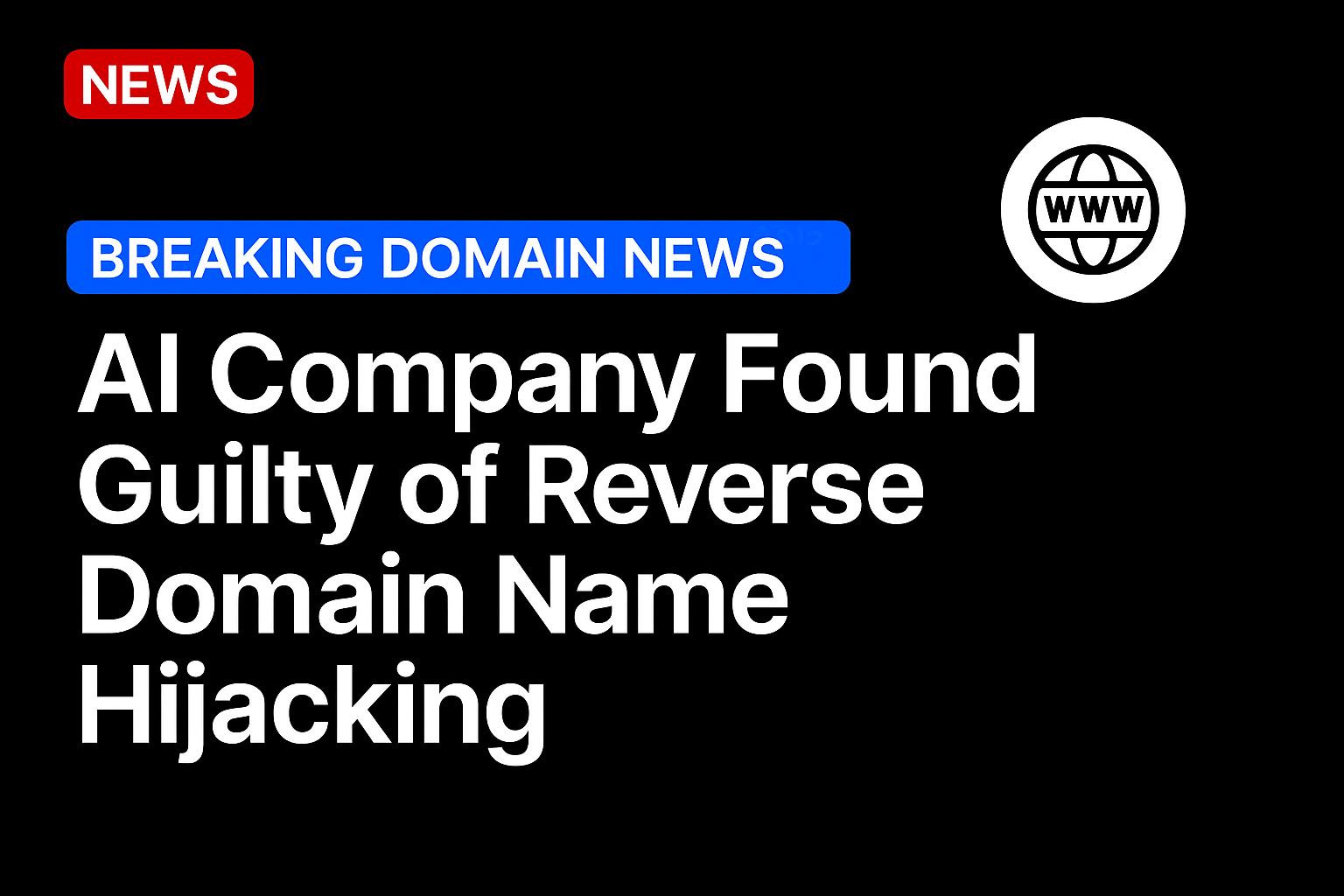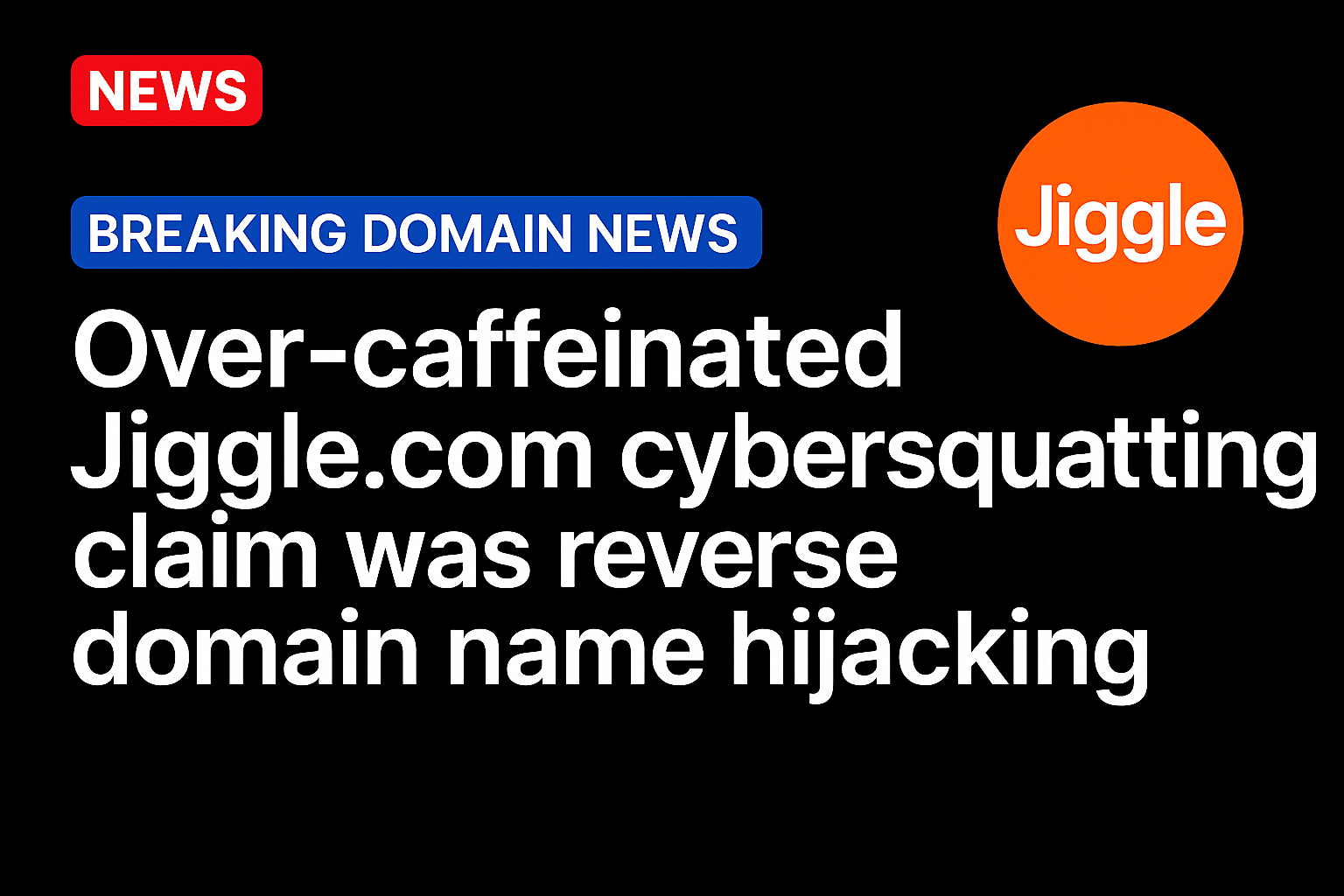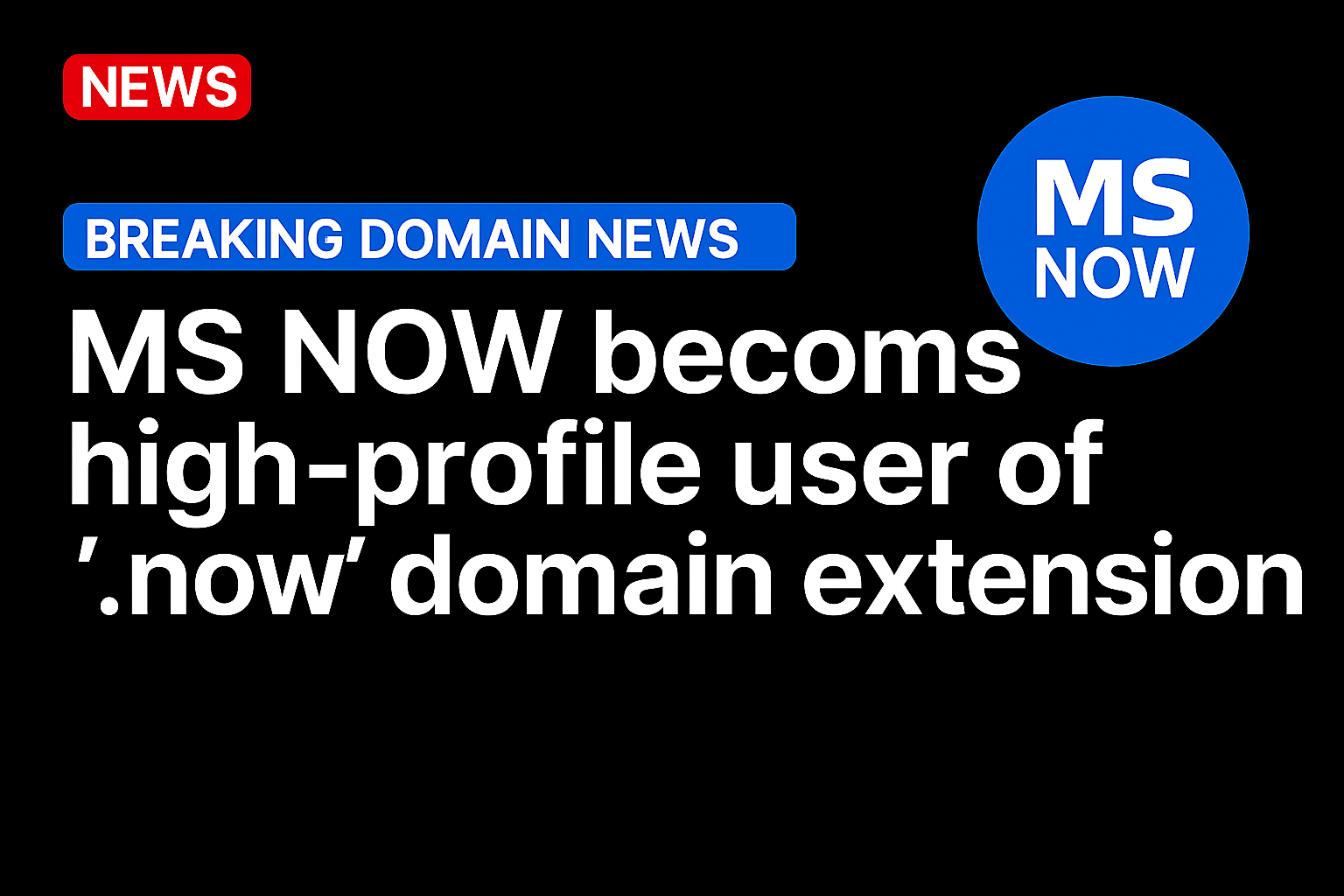
Panelist questioned why company filed UDRP even though domain owner was voluntarily cooperating.
A National Arbitration Forum panel has found Chai Research Corp. guilty of reverse domain name hijacking in a dispute over chai.new.
Chai Research, which has raised $55 million in funding, offers an AI platform app called CHAI (Chat + AI).
It filed a UDRP against Ahmad Awais / Langbase, which had been using chai.new for an AI platform for developers.
Langbase said its service was designed for developers to create and deploy AI agents, not for consumer applications like Chai Research. It stated that CHAI was short for Computer Human AI.
The company agreed to rebrand to command.new after Chai Research contacted it about the domain, and the transition was in progress. Langbase said it was therefore surprised to receive the UDRP complaint.
Panelist Eduardo Magalhães Machado determined that Langbase had legitimate rights in the domain because it used it for a bona fide offering of services before any notice of the dispute. He also found no evidence of bad faith registration or use, noting that the parties served different markets and that Langbase acted transparently.
In finding reverse domain name hijacking, the panelist wrote:
In reaching this conclusion, the Panel notes several key circumstances. On the same day that the Complaint was filed — that is, less than a month after the Complainant’s first contact — after several email exchanges — in which the Respondent showed clear signs of good faith, requesting a reasonable period of 30 to 45 days to change the brand name — the Respondent emailed the Complainant updating that it had already selected a new name and was actively migrating from “CHAI” to that new branding. By July 5, 2025, the rebranding had already been implemented, as expressly acknowledged by the Complainant itself in email correspondence. Rather than pursuing or concluding the cooperative resolution that was already underway, Complainant opted to initiate this administrative proceeding.
In addition, Complainant failed to provide evidence to support two of the three required elements under the Policy, namely, proof of Respondent’s lack of legitimate interests and proof of bad faith registration and use. This is particularly notable given that Complainant was aware of the identity of the Respondent from the outset, yet still chose to rely primarily on conclusory allegations rather than presenting concrete documentary evidence of confusion, commercial targeting, or any other actual indicia of cybersquatting intent. The Complaint also asserted that Complainant’s mark was “well‑known”, but did not include supporting evidence sufficient to substantiate that assertion.
Third, the filing of this Complaint despite the ongoing direct dialogue and Respondent’s active rebranding efforts, already acknowledged by Complainant shortly thereafter, reflects a disregard for the cooperative path that was available. Instead of pursuing a resolution already in progress, Complainant chose to initiate an administrative proceeding lacking supporting evidence for two of the three required Policy elements.
Taking into account these factors, the Panel concludes that Complainant used the UDRP process as a tactical mechanism to pressure the Respondent into transferring the disputed domain name, notwithstanding Respondent’s good faith conduct and willingness to resolve the matter amicably. This constitutes a classic case of Reverse Domain Name Hijacking under Paragraph 1 and Paragraph 15(e) of the Rules. Accordingly, the Panel declares that the Complaint was brought in bad faith and constitutes an abuse of the administrative proceeding.
Richard Law Group represented Chai Research. Omar Imtiaz represented Langbase.
Source: https://domainnamewire.com/




